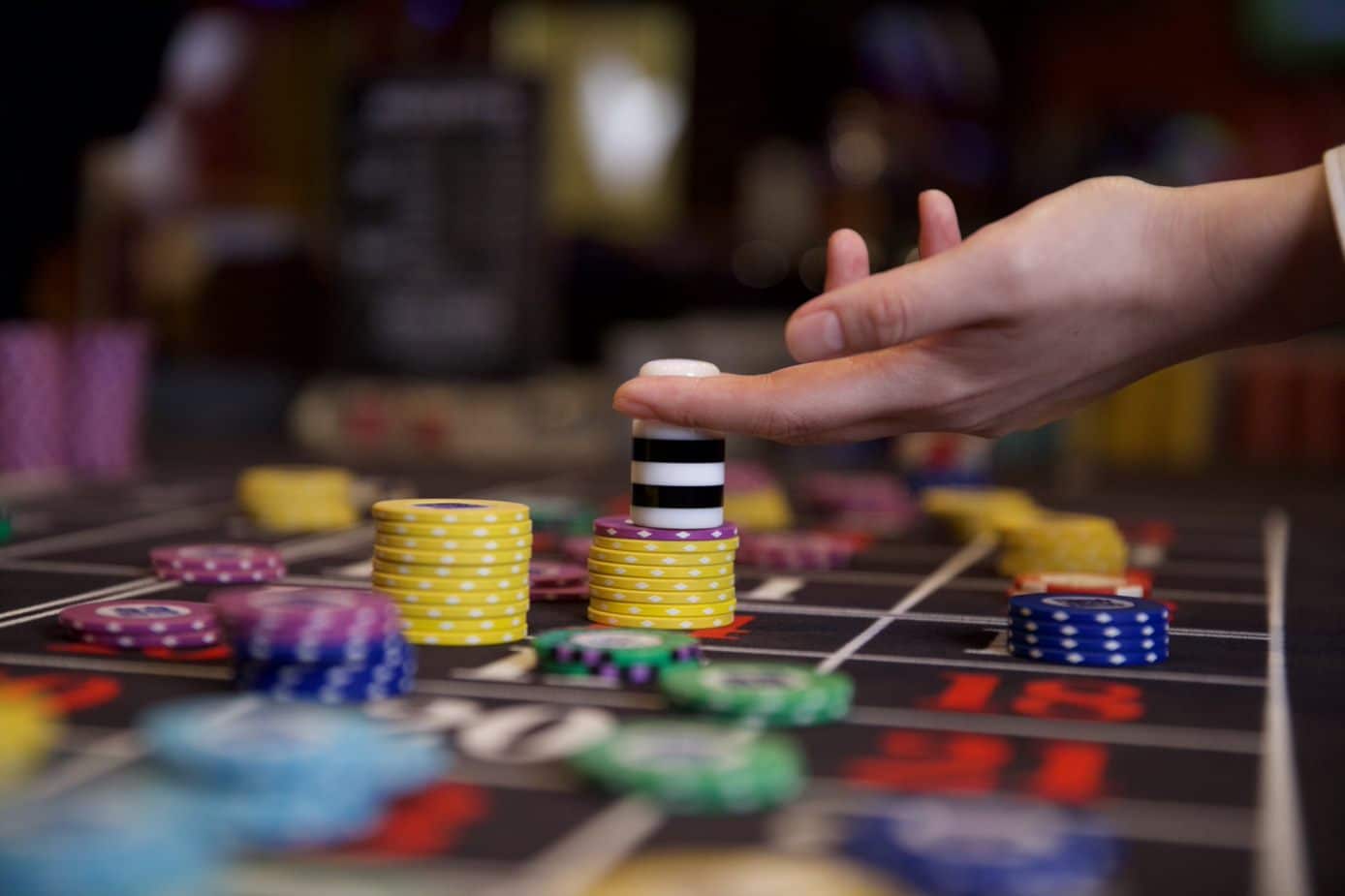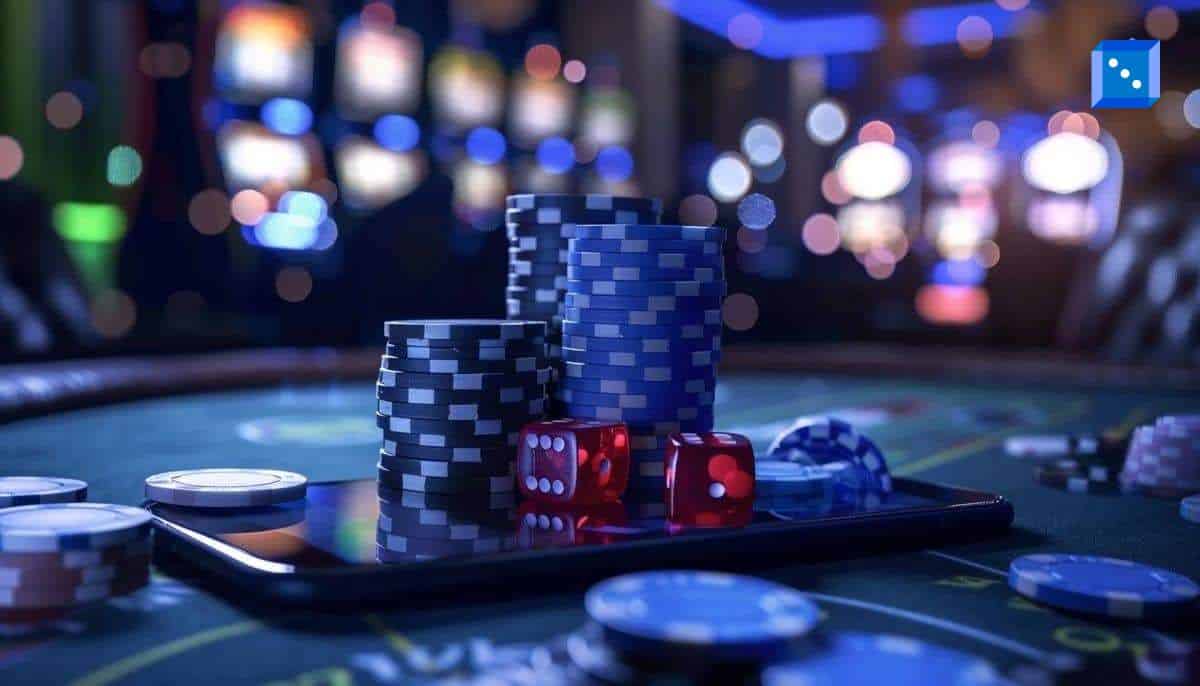Gambling is a permeant natural process that captivates millions of people intercontinental, despite the odds that are often stacked against the players. Whether it s fire hook, slot machines, sports indulgent, or even a simpleton drawing ticket, the act of gambling seems to elicit an emotional response that compels populate to take the risk, even when the chances of successful are slim. In fact, for most gaming activities, the put up always wins. Yet, populate keep indulgent, sometimes at the cost of their financial surety, relationships, and unhealthy well-being. The paradox of gambling lies in the question: why do we continue to take chances when we know the odds are against us? To sympathize this demeanour, we need to dig up into scientific discipline, sociable, and emotional factors that drive populate to run a risk, even in the face of overpowering applied math disfavor.
1. The Illusion of Control
One of the main reasons people continue to run a risk, despite wise the odds are against them, is the right semblance of control. When a person plays a game, especially one involving science or scheme(like poker), they may feel as though they can shape the final result. Even in games of pure chance, such as slot machines or roulette, gamblers often believe they can beat the system through superstitions or rituals. The notion that their actions, even fry ones like press a release at the right time or pick a golden seat, can regard the resultant, leads them to keep playacting.
This illusion of control can be further reinforced by occasional wins. A moderate, apparently unselected triumph can be enough to convince a risk taker that they are somehow in verify, even though the odds remain unchanged. Psychologically, this creates a feedback loop where the someone continues to gamble, hoping to replicate the succeeder, despite the fact that the statistical world doesn t coordinate with their opinion.
2. The Role of Cognitive Biases
Another mighty science factor influencing play behaviour is psychological feature bias. Humans are prone to several biases that twist their perception of world, and these biases play a vital role in the paradox of gaming.
The Gambler s Fallacy is perhaps the most well-known psychological feature bias in gaming. This is the feeling that a win is due after a serial publication of losses. For example, if a slot machine hasn t paid out in a while, the risk taker may believe that the machine is more likely to payout soon, despite the fact that each spin is fencesitter and untouched by early outcomes. This leads them to bet more, chasing the idea that their losings will one of these days be recovered.
Similarly, the confirmation bias causes gamblers to think of their wins more than their losings. The infrequent big win is often immoderate in the risk taker s mind, while the losings are reduced or irrecoverable. This bias reinforces the desire to keep gaming, as it creates a twisted sense of hope and optimism.
3. The Thrill of Risk and Reward
Gambling taps into our natural desire for excitement, risk, and repay. For many, the act of gaming is less about the money and more about the vibrate of the game itself. The rush of prevision, the heart-pounding moments of a call, and the exhilaration of a potentiality win all put up to the habit-forming tempt of gambling. Psychologically, these experiences trip the head s repay system of rules, emotional Intropin, the neurotransmitter associated with pleasure and motivation.
This makes play similar to other forms of risk-taking conduct, such as extremum sports or even mixer media involution. The feeling highs and lows can produce a feel of escape, providing temp succour from try or emotional struggles. The play environment is deliberately premeditated to maximize this touch of excitement, with bright lights, sounds, and the standard atmosphere of prediction. The exhilaration of winning, even in the face of long-term losses, can keep gamblers orgasm back, driven by the hope of another rush.
4. Social and Cultural Factors
Gambling also has warm mixer and perceptiveness components that contribute to its perseveration. In many societies, play is profoundly implanted in the , whether it s through traditional card games, sports sporting, or big-scale casino operations. Gambling can be a social natural process, and people often engage in it with friends or syndicate, adding a common view to the see. The reenforcement of gambling deportment through sociable settings can normalise the natural action, leadership individuals to engage in it more often.
Moreover, the proliferation of online play and publicizing has made it easier than ever to run a risk, often blurring the lines between amusement and dependance. The rise of sociable media influencers, celebrities, and brands promoting miototo products contributes to its normalisatio, further tantalising individuals to bet despite the risks involved.
5. The Hope of a Big Win
Perhaps the most first harmonic conclude people chance is the deep-seated hope of hitting a big win that changes their life. Whether it s the jackpot on a slot machine, the hone salamander hand, or a huge payout from a sports bet, the potential for a life-changing win creates an overwhelming allure. The idea of turning a small bet into an enormous sum of money triggers fantasies of business exemption and a better life. This mighty emotional pull can outbalance valid thought, as the possibleness of a big win seems Charles Frederick Worth the risk, despite the low probability.
Conclusion
The paradox of gambling lies in the tenseness between rational cognition and emotional impulses. Despite the irresistible odds built against them, gamblers bear on to bet due to psychological factors such as the semblance of verify, cognitive biases, the tickle of risk, mixer influences, and the hope for a big win. These elements produce a complex scientific discipline web that makes it defiant for many to resist the temptation to chance. Until these deep-rooted factors are inexplicit and addressed, play will likely carry on to be a inexplicable yet patient part of homo demeanor.



